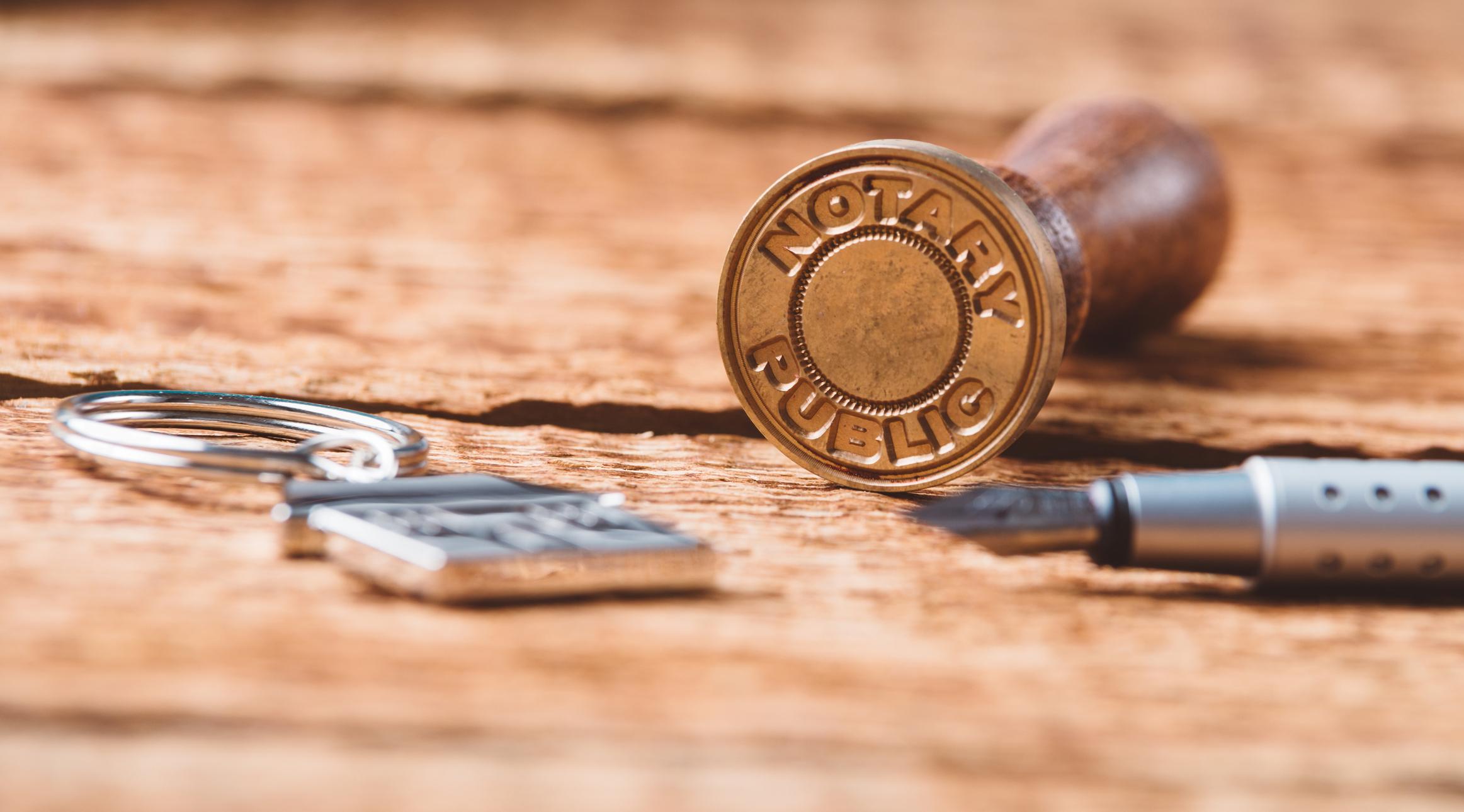Demystifying Notarial Job: Simplifying the Function and Relevance of Notaries
Their role, often shrouded in mystery for several, lugs considerable weight in making sure the credibility and stability of important papers. By deciphering the complexities shedding and bordering notarial methods light on the significance of their acts, a clearer understanding arises of the crucial role notaries play in upholding the material of lawful and legal arrangements.
The History of Notarial Job
The background of notarial work dates back to old worlds, where scribes played a critical function in recording crucial details and verifying papers. This led to the growth of notaries, individuals designated by the state to act as neutral witnesses in lawful matters.
During the Middle Ages, notaries got prominence in Europe, with their functions broadening to include drafting lawful files, licensing trademarks, and protecting documents. The rise of global trade further emphasized the value of notarial job in validating contracts and contracts across borders.
In the contemporary age, notaries remain to play a vital role in legal and company purchases by validating identifications, confirming the authenticity of files, and stopping fraudulence. Their duty in licensing the legitimacy of arrangements includes a layer of protection and trust to the ever-evolving landscape of business and regulation.

Responsibilities and Responsibilities of Notaries
The historic advancement of notarial work from ancient human beings to the modern-day age has formed the distinct duties and duties that notaries maintain in legal and organization purchases today. Notaries play an important role in verifying the authenticity of documents and the identity of signatures. Among their key obligations is to witness the signing of crucial files, such as acts, agreements, and wills, to ensure that all parties are becoming part of contracts knowingly and voluntarily. Notaries also verify that signatories are of audio mind and not under discomfort or browbeating.
Additionally, notaries are charged with carrying out affirmations and oaths, which are critical in legal proceedings and the execution of sworn statements. They license duplicates of original records, offering guarantee to organizations that the copies hold true replicas of the originals. Notaries have to keep accurate documents of all purchases they oversee to make sure openness and liability. On the whole, the tasks and obligations of notaries are crucial in safeguarding the stability and legitimacy of different papers and deals.
Notarial Certificates and Signatures
Exhibiting careful interest to detail, notarial certifications and trademarks function as vital components in validating the credibility of legal documents. Notarial certifications typically have critical info such as the date of notarization, the names of the signatories, a summary of the document, and the notary's main seal. These certificates provide a Recommended Reading clear document of the notarial act, making certain that the paper can be easily recognized and traced back to the notary who oversaw the procedure.
Signatures play a critical duty in notarial work, as they represent the agreement and approval of the celebrations entailed. Notaries thoroughly witness the signing of documents to validate the identity of the notaries and confirm that they are authorizing of their own free choice. By affixing their main seal and signature to the paper, notaries certify that the needed treatments have been adhered to which the document is legitimate and enforceable.
Essentially, notarial certifications and signatures are the trademark of credibility in legal deals, giving assurance to all events involved that the files are reputable and binding.
Importance of Notarial Acts

Registration Refine Clarified
Explaining the registration procedure gives clarity on the important steps included in verifying lawful files. The notarization process generally begins with the specific offering the paper to a notary public. The notary after that confirms the signer's identification via appropriate identification methods. Once the identification is validated, the notary makes sure that the private signing the document does so voluntarily and without any kind of browbeating.

Final Thought

Notarial certificates typically include vital details such as the date of notarization, the names of the notaries, a description of the paper, and the notary's main seal. These certificates supply a clear document of the notarial act, ensuring that the file can be quickly determined and mapped back to the notary that oversaw the process.
By attaching their main seal and trademark to the document, notaries accredit that the needed treatments have been complied with and that the record is legitimate and enforceable.
By confirming the identification of the signatures, verifying their desire to get in right into the agreement, and accrediting the date and location of the signing, notaries play a crucial function in maintaining the credibility of lawful files.After the document is authorized, the notary will certainly attach their official seal or stamp onto the document.